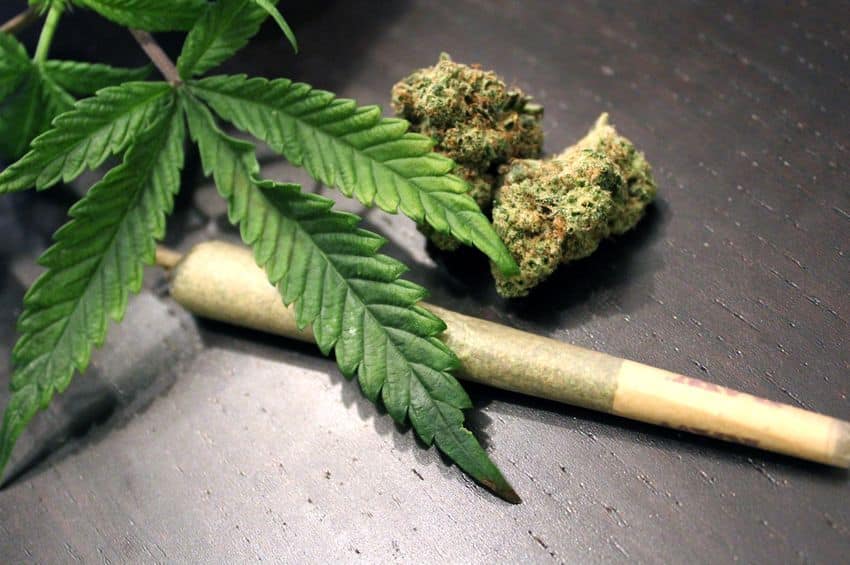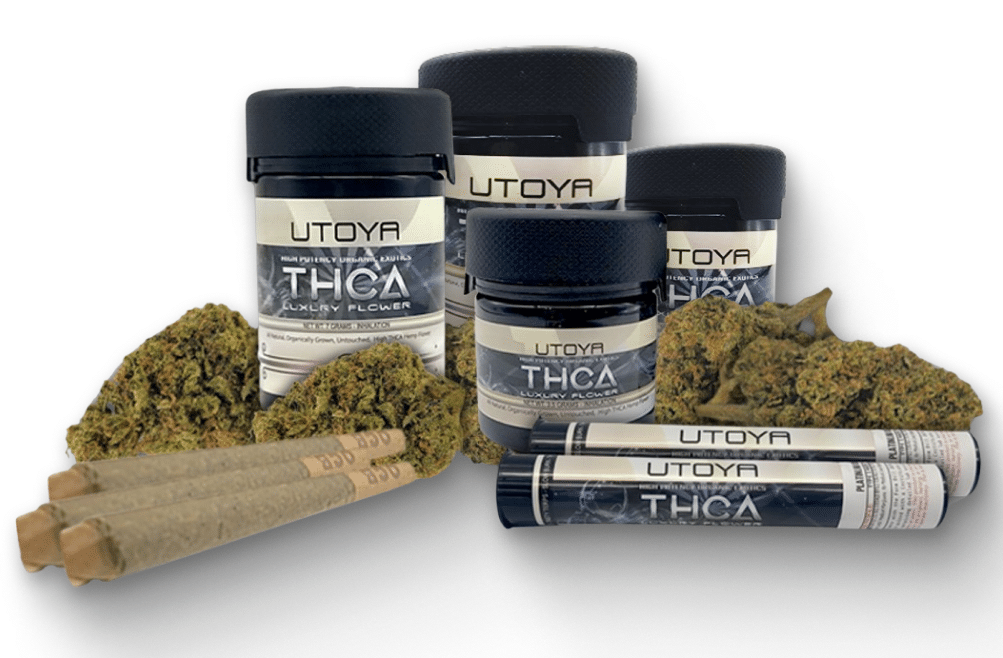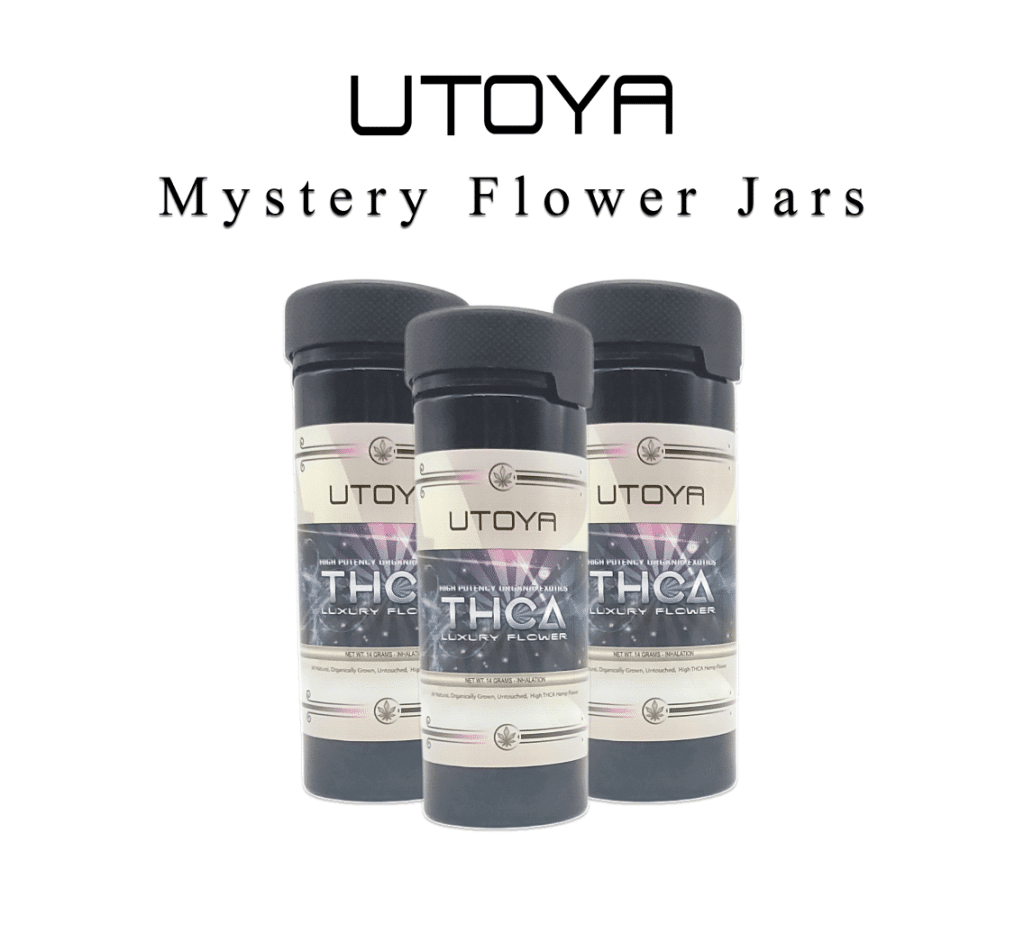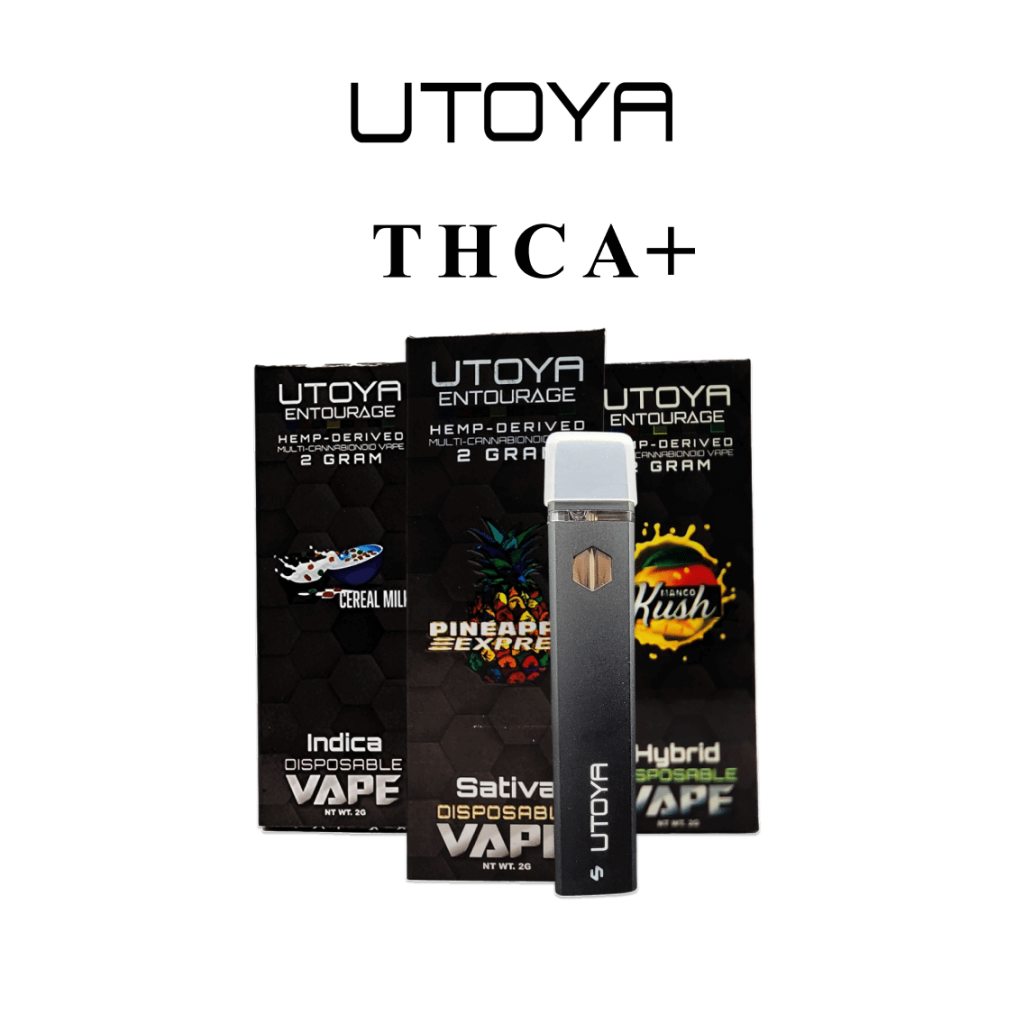Are THCA Side Effects Different from THC?
If you’ve had a good experience while using THC, you may be interested in its lesser-known cousin: THCA. Tetrahydrocannabinolic acid, or THCA, is the non-psychoactive form of THC. It’s present in raw cannabis, but it doesn’t become psychoactive until you heat it. When that occurs, by smoking or vaping, for example, or overbaking, the THCA becomes Delta-9 THC, the molecule that brings about the high that most people think of when they hear the word cannabis. Even though THCA was found to act on different parts of your body canonically, it does not get you high.

What Is THCA?
THCA occurs naturally in the raw cannabis plant before any form of heating or processing. Unlike THC, it doesn’t create intoxicating effects on its own. Chemically, it is distinguished from THC by a single carboxylic acid group. That slight structural difference doesn’t allow it to fit in the brain’s CB1 receptors, so it produces no “high” unless it has undergone decarboxylation.
Heat brings decarboxylation briefly, and THCA, through the loss of that particular acid group, becomes psychoactive Delta-9 THC. The experience for smokers or vapers of THCA-rich flower is similar to that of conventional THC products.
THCA, however, if imbibed raw — including juices or cold-pressed tinctures — interacts with the human body differently, more subtly, more compassionately. This unique property makes it even more important to understand the potential THCA side effects.
Chemical Differences With Real Impact
That one molecular detail—a carboxyl group—makes all the difference. It’s what keeps THCA non-psychoactive and potentially therapeutic. But when that group is removed through heat, the cannabinoid becomes active and binds to receptors in the brain. That’s where the psychoactive experience begins.
Interestingly, not all THCA converts during heating. On average, roughly 87.7% becomes Delta-9 THC. For example, a product with 30 percent THCA would yield approximately 26.3 percent THC when activated.

How THCA Interacts With the Body
THC, on the other hand, exerts its effects by binding directly with cannabinoid receptors, and so, unlike raw THCA, elements of both the base level and acidic forms of THCA are thought to exert effects on the body through different pathways, including transient receptor potential (TRP) channels and select enzymes.
The exact nature of the interaction is still being studied, but this gentler interaction may explain why THCA isn’t intoxicating yet likely has physiological effects.
What Are the THCA Side Effects?
Side Effects of Raw THCA
When consumed without heat, such as in juices, raw edibles, or tinctures, THCA is usually well-tolerated. Still, some users report minor side effects:
- Mild digestive upset
- Fatigue or drowsiness
- Headaches
- Interactions with medications like blood thinners
Though rare, these side effects highlight the importance of consulting a healthcare professional.
Side Effects From Heated THCA (THC)
Once heated, THCA becomes THC—and that’s a different conversation. The well-known side effects of Delta-9 THC may include:
- Euphoria
- Dry mouth and red eyes
- Increased appetite
- Anxiety or paranoia at high doses
- Impaired memory and reaction time
- Accelerated heart rate
These effects are highly dependent on dose, individual biology, and setting. Monitoring usage is key to avoiding unwanted THCA side effects related to psychoactivity.
THCA vs THC – Which Is More Potent?
Potency depends on purpose. Raw THCA doesn’t produce the same mental and physical shift associated with THC. If you’re looking for a clear-headed experience or potential wellness benefits without the high, raw THCA could be the right choice. For those wanting euphoric or psychoactive effects, decarbed THCA will deliver just like Delta-9 THC.
That dual-purpose nature is part of THCA’s appeal. It can adapt to your lifestyle and intention, depending on how you choose to consume it.
Is THCA Legal?
Federal law permits THCA derived from hemp, provided the final product contains less than 0.3% Delta-9 THC by dry weight. That’s why THCA-rich products are appearing on shelves nationwide.
However, not all states agree. Some now test for “total THC,” which includes potential THC after decarboxylation. In such states, THCA products could be considered illegal, even if they initially comply with federal rules.
Utoya Organics ensures all THCA products are lab-tested and labeled with transparency. Questions about your state? Reach us at 813-697-4747—we’ll help you out.
Does THCA Show Up on Drug Tests?
In its raw form, THCA isn’t likely to trigger a positive drug test. The problem arises when heat is involved, even unintentionally, during storage or transport. Once decarboxylated, THCA is metabolized into THC-COOH—the compound standard urine tests are designed to detect.
Detection windows vary by test type:
Test Type | Detection Window |
Urine | Up to 30 days |
Blood | Around 12 hours |
Saliva | Up to 24 hours |
Hair | Up to 90 days |
If drug testing is a concern, stick with raw, unheated THCA products—or better yet, consult your employer’s policy.
Final Thoughts on THCA Side Effects
THCA offers flexibility, making it attractive to both recreational and wellness-minded consumers. When consumed raw, its side effects are minimal and generally manageable. Once decarboxylated, it becomes THC, so any familiar effects, positive or not, will follow.
In short, THCA side effects depend on how you use it, your body’s chemistry, and your environment. Whether you’re interested in a mellow wellness boost or a full psychoactive experience, knowing how THCA works gives you more control and better results.
For premium, compliant THCA products you can trust, check out Utoya Organics. Our selection of THCA flower, distillates, gummies, and more is backed by transparency and lab-tested quality. Questions? Just call 813-697-4747—we’re here to help.
FAQ – THCA Side Effects
Does THCA get you high?
Not unless it’s heated. Raw THCA is non-psychoactive.
Is THCA legal?
Federally, yes, but it depends on your state’s regulations.
Can I fail a drug test using THCA?
If it’s heated, yes—it converts into THC and shows up on standard tests.
What’s the key difference between THCA and THC?
THCA is non-intoxicating until heat is applied. THC is immediately psychoactive.
Where can I buy reliable THCA products?
Only at Utoya Organics—we prioritize safety, quality, and compliance in every product we offer.




